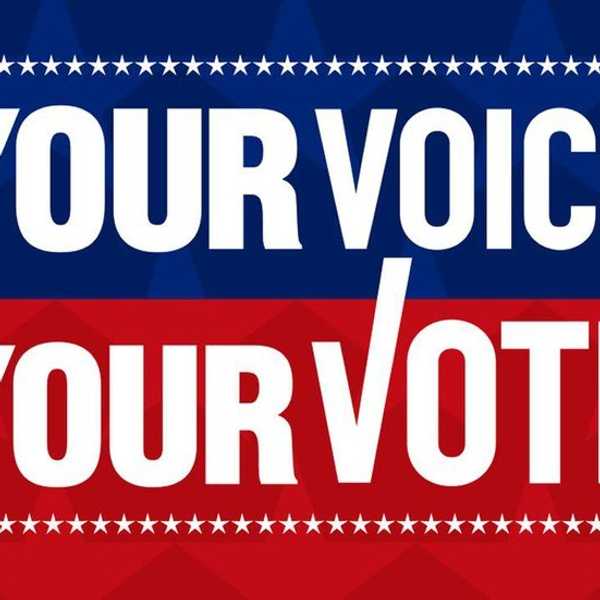For 16 days every two years we get a break. Instead of commercials bashing politicians, we see commercials praising the moms of athletes. Instead of Facebook feeds filled with news of death, destruction, and oppression, they're filled with news of broken records, gold medals, and the success of American athletes. For sixteen days every two years, the United States comes together and celebrates the goodness in our country despite that there is always bad happening.
While I was scrolling down my Olympic newsfeed, I saw an article filled with photos of abandoned Olympic Villages and Stadiums over the years. But then I noticed one from the 1936 Berlin Olympic Games. I don’t remember what the picture was even of, but the year and the location struck me as impossible. How could the world have let Germany hold the Summer Olympics when the first signs of the Holocaust had already begun?
Adolf Hitler took control of Germany as chancellor in January of 1933. Just two months later the first concentration camp, Dachau, was established. It supposedly held only political prisoners until 1938. Four other concentration camps opened during the next three years: Oranienburg, Esterwegen, Lichtenburg, and finally Sachsenhausen in Berlin in July of 1936.
That means that five concentration camps were established and running before the 1936 Summer Olympics even started, one actually in the city of Berlin where the games were held, and yet the games still went on.
In 1935, the Nazi's announced the Nuremberg Laws that excluded German Jews from Reich citizenship, prohibited Jews from marrying or having sexual relations with people of "German blood," disenfranchised Jews, and deprived them of most political rights, and yet the games still went on.
The American Olympic Committee responded to reports of persecution of Jewish athletes in 1933, and there was even debate about moving the games, but after a quick inspection of German training facilities, President of the AOC, Avery Brundage, stated that the Jewish athletes were being treated fair. I'm not sure an "Aryans only" policy enacted in April 1933 banning all Jewish people from German sports is treating them fairly. Only one Jewish athlete was allowed by German authorities to play for the German Olympic Team, fencer Helene Mayer.
For the first time in the history of the modern Olympic Games, the United States and Europe called for a boycott against the Olympics. Back then there was no terminology for why they boycotted, but today we would suggest it was a human rights violation.
Brundage opposed the idea of a boycott because he believed that politics played no role in sports. Is it really "politics" when you're trying to commit a genocide of an entire religion? Or was that just a politically correct way of staying out of their business and letting the Nazi's keep the doors to their closets overflowing with skeletons, locked tight?
Catholic leader and president of the Amateur Athletic Union, Judge Jeremiah Mahoney, led efforts to boycott the Olympics. He campaigned that Hitler had broken the Olympic's rules against discrimination for an athlete's race or religion, and believed that competing in the games would signal United States endorsement of Hitler's Reich.
President at the time Franklin D. Roosevelt stayed out of the issue altogether, despite warnings from high-level American diplomats regarding the dangerous nature of the Nazi's and their plans.
Ultimately, the United States attended the 1936 Summer Olympic Games in Berlin, Germany, and because we did, so did all of the other countries discussing a boycott like Great Britain, France, Sweden, Czechoslovakia, and the Netherlands.
We had the opportunity to boycott the Olympics held in a country we knew was oppressing its people. We didn't. I can't help but wonder what would've happened if we'd stayed behind. At least a few of those other countries listed above would've followed our lead. The act of skipping one Olympic Games could've drastically changed the course of history. Maybe Germany's plans would've been realized sooner, maybe even before they reached the abhorrent levels they did in the end. Maybe they wouldn't have been able to come back without the economic influx of the Olympics after WWI's financial disaster.
I always thought The Olympics were a break. A 16-day break we get from the real world. I love The Olympics just as much as anyone else, but what are we missing when we're on this break? My whole life I grew up hearing "never again" whenever my family or teachers talked about The Holocaust. With the way we ignore the corruption, oppression, and violence in the modern world, is it really "never?"





















